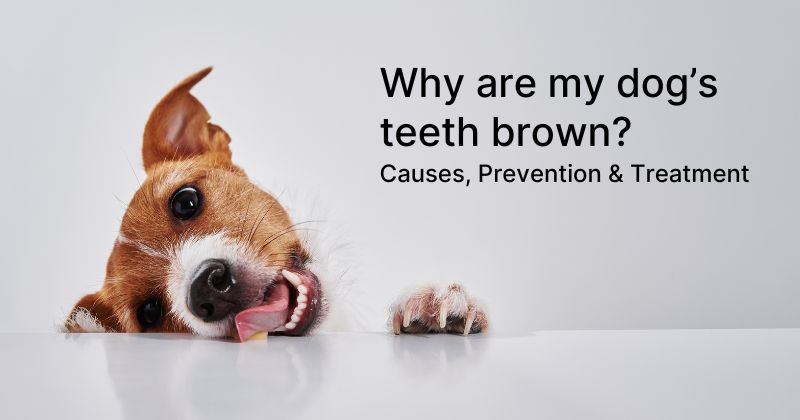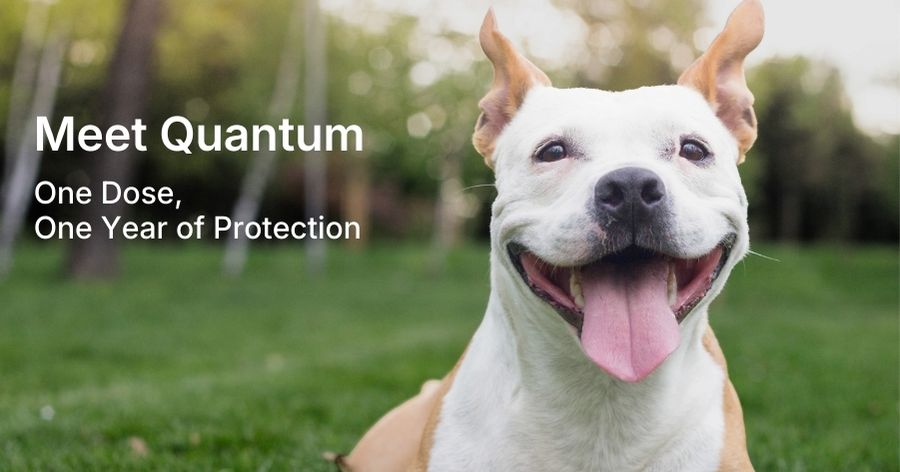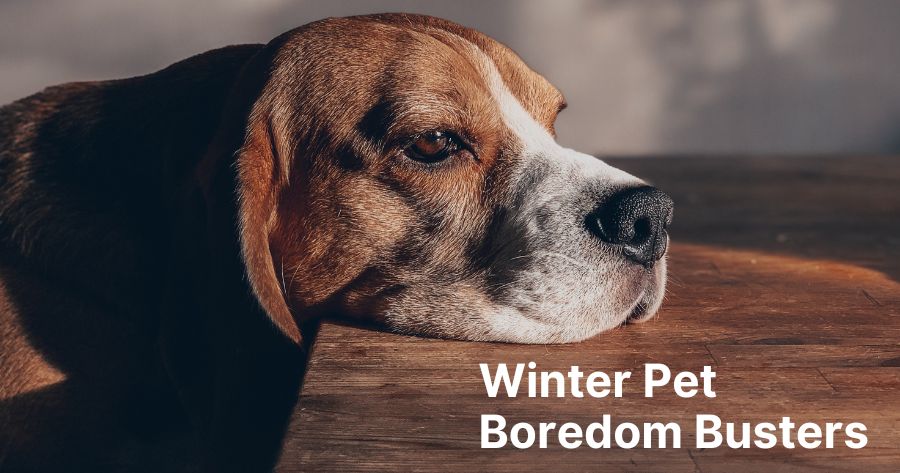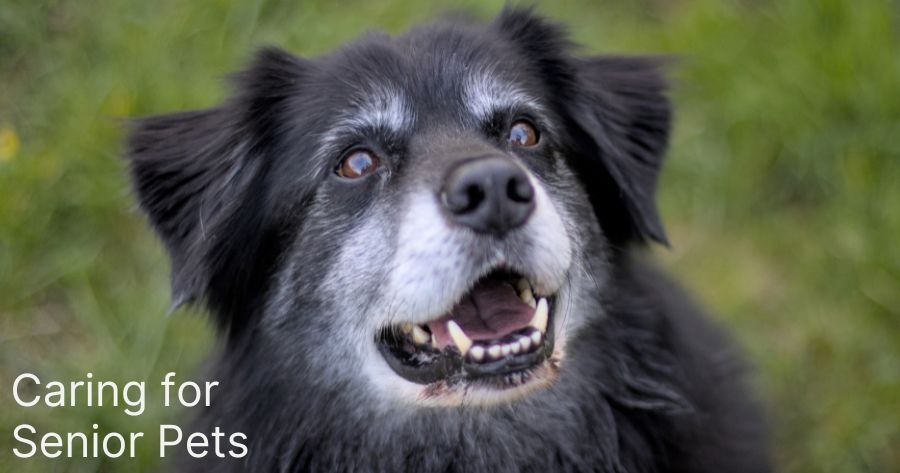
A dog’s smile can be as charming as its wagging tail, but when those teeth turn brown, you might begin to worry. Discolored teeth may be more than a cosmetic issue—they can signal underlying health concerns. Let’s dive into the reasons behind this common issue, so you can take the right steps to protect your pet’s smile.
Your dog's teeth may turn brown for a variety of reasons, ranging from dental hygiene to underlying medical issues. While it’s natural for some discoloration to happen with age, significant changes in the color of your dog’s teeth should be addressed. Here are the most frequent causes of brown teeth in dogs:
Tartar forms when plaque, a sticky film of bacteria, hardens on the teeth. Over time, this tartar turns into a visible brown layer that can lead to tooth decay and gum disease if left untreated. Regular brushing or professional cleanings at Coventry Veterinary Clinic can help prevent tartar from accumulating.
Just like in humans, untreated dental problems can lead to tooth decay in dogs. Brown spots may indicate areas of rot or cavities. As the tooth decays, it changes color, often turning brown or black. If your dog’s teeth brown due to decay, prompt veterinary care is essential to prevent infections or tooth loss.
Dogs love to chew, and sometimes, an accidental injury to the teeth can cause them to turn brown. When a tooth is fractured or damaged, the nerve inside may die, resulting in a brownish discoloration. Tooth trauma should never be ignored, as it can lead to further complications, including pain and infection.
Certain foods and treats, especially those with strong colors or artificial dyes, can stain your dog’s teeth. While these stains are generally superficial, they can still give the teeth a brown appearance. Opting for high-quality, natural treats and feeding your dog a balanced diet can reduce the risk of staining.
As dogs age, their teeth naturally lose some of their pearly white appearance. Minor brown discoloration is often a normal part of the aging process. However, it’s important to monitor the extent of the discoloration and seek advice from your vet if you notice other symptoms of dental disease.
Preventing brown teeth in dogs requires a combination of at-home care and professional cleanings. Here’s what you can do to help your dog maintain a healthy smile:
While some mild discoloration can be normal, there are times when brown teeth require professional attention. If your dog's teeth brown rapidly or if you notice other symptoms, it’s time to make an appointment with Coventry Veterinary Clinic. Here are signs that indicate you should see a vet:
Persistent bad breath, or halitosis, is often a sign of dental disease. If your dog’s breath smells worse than usual and their teeth are brown, it could indicate an infection or severe plaque buildup.
If your dog seems to avoid chewing on certain sides of their mouth, or if they’re dropping food, this may point to tooth pain caused by decay or trauma. A veterinarian can assess the issue and recommend the right course of action.
Discolored teeth often go hand in hand with gum problems. If your dog's gums are red, swollen, or bleeding, it’s a sign of gum disease, which can worsen if untreated.
Dogs in dental discomfort may paw at their mouths or show other signs of irritation. This behavior, along with brown teeth, could mean a dental problem that requires professional intervention.
The treatment for brown teeth in dogs depends on the underlying cause. At Coventry Veterinary Clinic, your veterinarian will assess the situation and recommend the best course of action, which may include:
For mild to moderate tartar buildup, a professional dental cleaning may be all that’s needed. This process removes plaque and tartar from the teeth and gums, preventing further dental issues.
In cases of severe decay, the best solution may be to extract the affected tooth. While this sounds alarming, dogs often adapt well to life without one or more teeth, especially if it alleviates pain and prevents infection.
If a tooth infection is present, your veterinarian may prescribe antibiotics to help clear up the infection before proceeding with other treatments.
If your dog’s brown teeth result from trauma, dental surgery might be required to repair the damage. The vet will assess the injury and determine whether the tooth can be saved or if extraction is necessary.
Taking care of your dog’s teeth should be a lifelong commitment. Regular check-ups, professional cleanings, and consistent at-home care are all crucial to maintaining your dog's oral health. If you are proactive about your dog’s oral health, you can help prevent future dental issues and give your dog a healthier, happier life. If you’ve noticed your dog's teeth brown or you’re concerned about their oral health, reach out to Coventry Veterinary Clinic. Call us today at (402) 819-2478 or request an appointment online.
Closed daily from 12:30-1:30pm;
Wednesdays from 12:30-2:30pm


